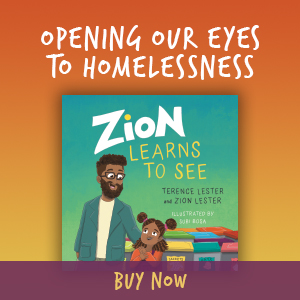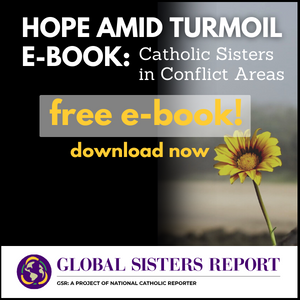A recently released Gallup poll attempts to answer the question of how modern Americans view religion, posing the question: Do you believe that religion can answer all or most of today's problems, or that religion is largely old fashioned and out of date?
Gallup has actually been asking this question periodically since 1957, and the results aren't entirely surprising. In the first poll, 82 percent of Americans said religion is indeed the answer to our problems, and only 7 percent said it was outdated. Those numbers, as the chart below illustrates, have drawn closer together over the years, with the most recent poll finding that only 57 percent of Americans see religion as a solution while 30 percent call it old fashioned.
 There is, of course, a slight problem with this data. As Emma Green of The Atlantic so astutely points out, the phrasing of the question is rather terrible, and the sweeping generalization the graph attempts to make–that religion is on the decline in the United States–fails to cast an accurate picture of how faith and institutional religion have evolved in our society. The question might as well have been "Religion: Good or bad?" (To be fair, Gallup does note that the question provides a "broad take" on religion today.)
There is, of course, a slight problem with this data. As Emma Green of The Atlantic so astutely points out, the phrasing of the question is rather terrible, and the sweeping generalization the graph attempts to make–that religion is on the decline in the United States–fails to cast an accurate picture of how faith and institutional religion have evolved in our society. The question might as well have been "Religion: Good or bad?" (To be fair, Gallup does note that the question provides a "broad take" on religion today.)
One interesting detail is found in the breakdown of the respondents by their church attendance habits and religious affiliation. Of those who attend church weekly, 11 percent chose the "out of date" option. And yet, for some reason, they continue to be active churchgoers. This isn't a completely foreign idea in the Catholic Church, where plenty of people remain in the pews depite–or perhaps even because–they feel the church is out of touch and want to see it change. Along those same lines, 8 percent of people who said religion is "very important" also said it is out of date and old fashioned. That doesn't mean that people are distancing themselves from religion–it suggests that people may have a strong faith in their religious tradition, but not so much in its current institutional leadership.
Also of note is the fact that among survey respondents who said religion is "not very important," 11 percent said religion can answer all or most of our problems. That sounds like religion is pretty important, and I'd love to ask those 11 percent more about their take on religion and their own faith life. Clearly the question they were given doesn't have enough room for them to express their somewhat complex views.
Gallup's poll does reflect a real shift in the way Americans have viewed religion over the last 50 years. But it doesn't tell the whole story, which is both a lot more complicated and much more interesting.
Graph courtesy of Gallup










